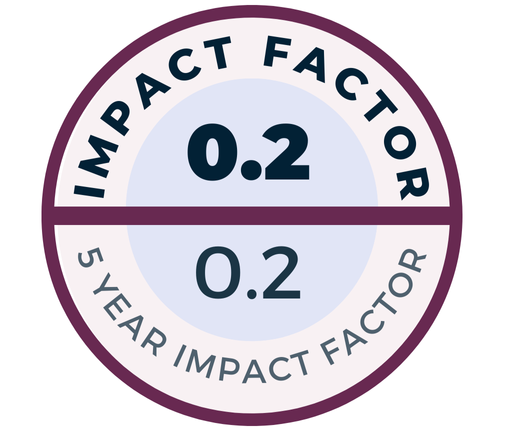Objective: Communication issues within clinical encounters are increasing within Turkey. To raise awareness of the problem and identify solutions, it was decided to undertake the current research.
Methods: Separate questionnaires, one for doctors, the other for patients, were prepared and distributed between May and July 2018 to 100 doctors plus 100 adult patients at either Adana Numune Hospital or Eskisehir Osmangazi University Hospital.
Results: Patients’ views: 60% responded that doctors give insufficient information in terms of quality and quantity. 80% stated that the doctor failed to convey a clear message. 40% described doctors as lacking enthusiasm in explaining the issue and curtailing the conversation. 40% felt that the inadequate length of the consultation contributed to a sense that the patient was undervalued by the doctor. 40% felt consultation times needed to be lengthened. 20% stated that the doctors listened inadequately. 30% felt that communication would be improved by better use of Turkish equivalents for latinate medical terms. 10% felt that the key element in communication was for doctors first to value patients. Doctors’ views: 100% felt they had the ability to explain, but that time constraints and patients’ inability to understand key elements hinder communication. 95% felt the issue rested with patients and their inability to comprehend. 60% considered the patients insufficiently educated or lacking adequate intellectual resources to understand. 90% proposed lengthening consultation times to improve communication.
Conclusion: Blaming either party is not the solution. Short consultation times are the root cause of miscommunication and need to increase if communication is to improve. Improvements in patients’ education may in the future lead to more fruitful clinical encounters. Clinicians must develop an effective communication style to create healthier relationships with their patients.

.jpeg)
